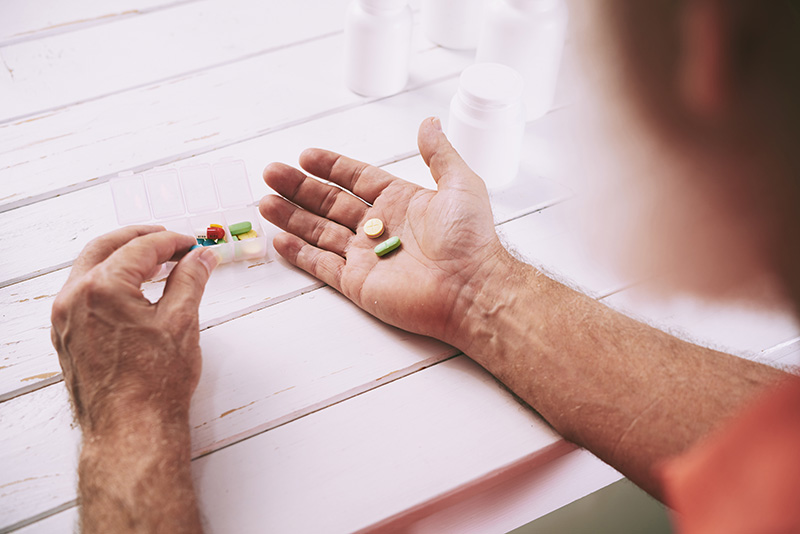26 Mar 2024

By Dr. Ross
For many years, doctors have been using the very old and inexpensive drug, colchicine, to treat acute episodes of gout. Gout is an extremely painful arthritic condition which typically affects the big toe and is related to excessive levels of uric acid in the blood stream. However, there’s a common misconception among the general public that see gout as a rich man’s disease, associating it with the excessive consumption of fine foods such as red wine and pate.
Gout is actually a metabolic disorder closely related to insulin resistance. Insulin resistance is the most common metabolic genetic abnormality in the world, affecting 30% of Caucasians, 50% of Asians, and nearly everybody with either darker or olive skin. When someone has insulin resistance or gout, they’re more likely to develop conditions like diabetes, high blood pressure, and cholesterol problems. These issues are often characterised by a high triglyceride level, low HDL cholesterol, and abdominal obesity.
All these factors lead to what is known as metabolic syndrome, which has very clear connections to many forms of cardiovascular diseases such as heart disease or stroke, fatty liver, gout, and several common cancers such as breast, prostate, and colon cancer. If a person is unfortunate enough to suffer gout because of these elevated uric acid levels, consuming too much alcohol or rich foods can trigger an episode. However, colchicine is a highly underrated remedy that can quickly relieve the pain.
A few years back, my colleague Dr. Mark Nidoff in Perth conducted a study known as the LODOCO trial. In this trial, he administered low-dose colchicine (one tablet of 500 µg daily) in a placebo-controlled trial to a group of people who had already suffered a recent coronary event. The results released showed patients who received colchicine demonstrated an astounding 67% decrease of coronary events.
Considering this was a small, single-centre study, a similar trial was recently replicated in Canada called COLCOT, involving 4745 patients who had recently experienced a heart attack (more than 2-weeks ago, and less than 2 years ago). All patients were already on high-intensity statin drugs to lower their cholesterol levels. The main goal of the study was to see if there was a decrease in cardiovascular related deaths, heart attacks, strokes, instances of angina leading to interventions such as stenting or bypass surgery. The overall results promised a 27% reduction in these events. Notably, the biggest reduction was a 74% decrease in strokes, and the need for bypass surgery or stenting reduced by 50%. It’s important to note, there were 21 cases of pneumonia in the colchicine-treated group compared to only 9 cases in the placebo group, although these were still very small numbers.
Currently, there are three ongoing trials exploring the use of colchicine in people with varying types of vascular diseases.
You might be wondering: So, why does colchicine work so well? The answer to this is, colchicine is a very effective anti-inflammatory that targets the pathways responsible for the formation of fatty plaques in the artery walls.
Life often presents us with an intriguing lesson: what appears new, young, and popular isn't always as beneficial as what has been around for a long time with vast experience and a strong safety record. I'm sure you understand the analogy I'm trying to communicate here. It's evident that even an old drug can learn new tricks, and in this instance, those tricks prove to be incredibly valuable.
As for all things relating to your health speak with your GP or a relevant medical professional. For all your financial health contact PSK on (02) 8365 8300 or visit psk.com.au
General Advice Warning - Any advice included in this article has been prepared without taking into account your objectives, financial situation or needs. Before acting on the advice, you should consider whether it’s appropriate to you, in light of your objectives, financial situation or needs.
